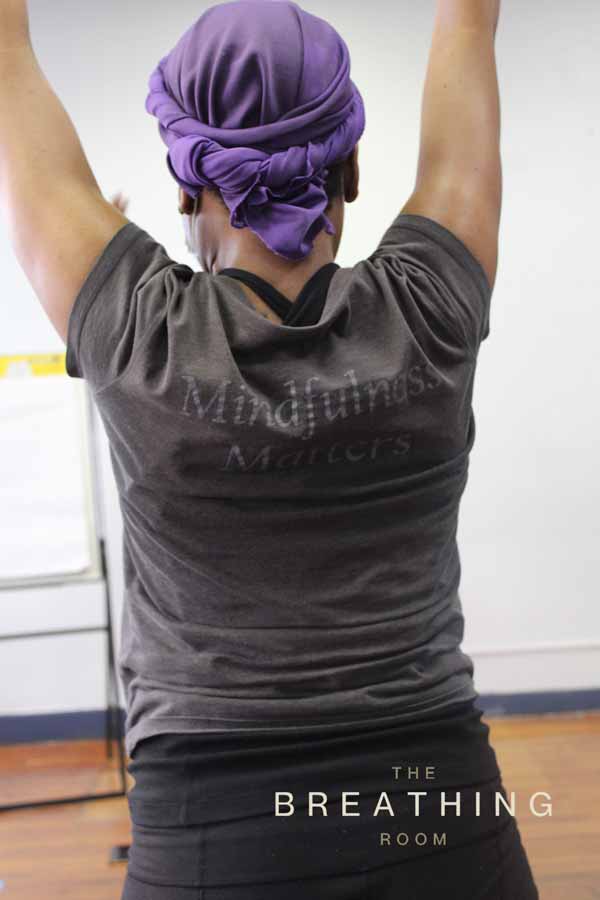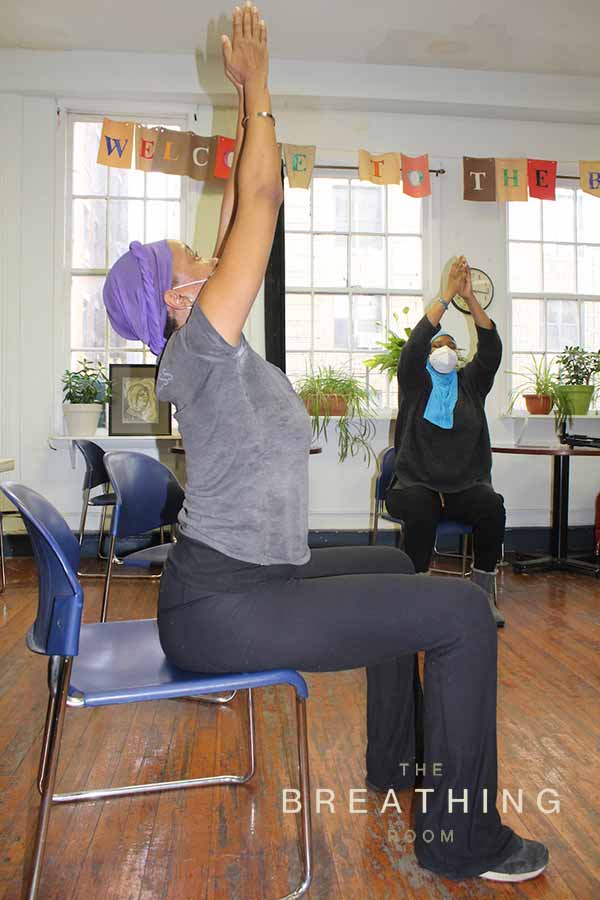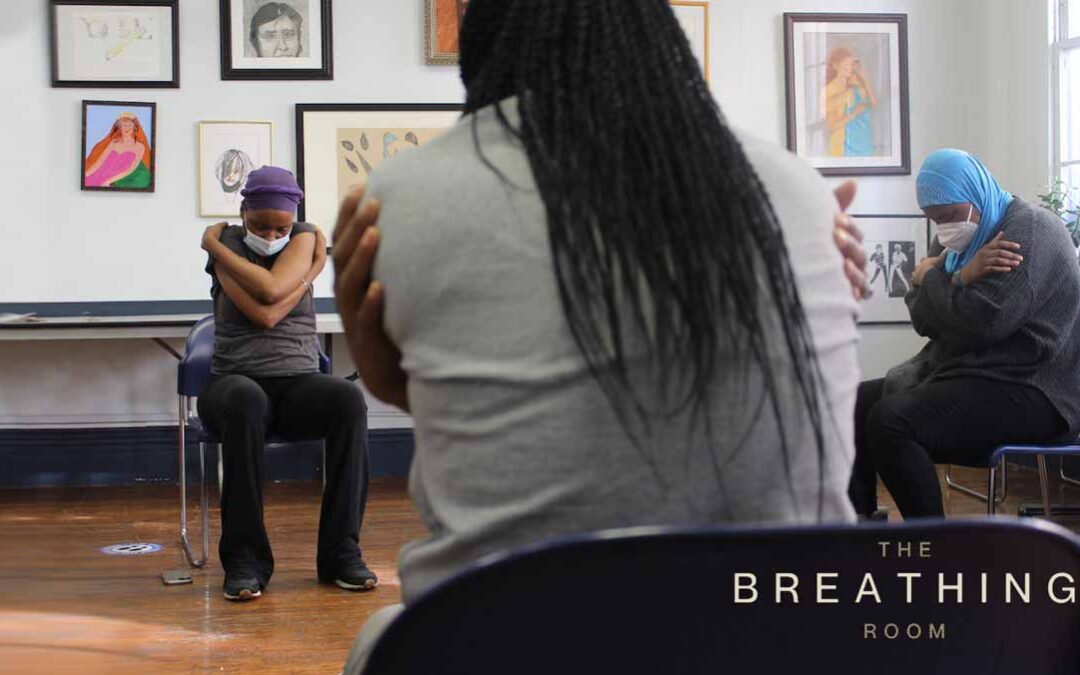Philosopher George Santayana stated that:
“Those who cannot remember the past are condemned to repeat it.”
While we encourage being in the present, perhaps reasons beyond our control or understanding permit us to look back– such as the groundbreaking concept that trauma can impact families over generations.
In It Didn’t Start with You: How Inherited Family Trauma Shapes Who We Are and How to End the Cycle, author Mark Wolynn discusses the psychological pain that people can experience from events that did not directly impact them.
Wolynn explains that we may hold trauma that we’ve never understood. What’s even more alarming is that such experiences may be a direct connection to what’s happened to our parents or grandparents. This type of trauma is known as intergenerational trauma. It refers to trauma that is passed down from those who directly experience an incident to the following generations.
When one generation does not process the trauma they’ve endured, the effects are then passed down through their children and so on, creating a cycle that could last for generations.
Little research exists on intergenerational trauma and its effects on African Americans which is why this Black History Month, we’re highlighting this type of trauma, historical trauma, and how meditation can help with creating neural pathways to combat the effects of intergenerational trauma.
A regular meditation practice holds immense potential for transformational healing. It allows us to rewire our brain, to confront our trauma, and to process it with compassion and clarity.
What is Intergenerational Trauma?
According to the American Medical Association (AMA), intergenerational trauma can be a traumatic event affecting an individual, members of a family, or collective trauma affecting a cultural, racial, or ethnic group– also referred to as historical trauma. This type of trauma may continue to impact the socio-economic and health outcomes of these populations.
Such populations also lack access to healthcare and insurance including therapy, therapy groups, medical care, and other avenues to process trauma and alleviate its effects. Additionally, the stress of trauma takes a physical form and can manifest in a variety of health problems further down the line.
Meditation To Combat Intergenerational Trauma
According to a study by the American Academy of Pediatrics, when mothers were exposed to traumatic events during childhood, their children were 92% more likely to have emotional or mental health problems. Symptoms of trauma include but are not limited to:
- lack of trust of others,
- anger,
- inability to connect with others,
- depression,
- fixation on trauma,
- low self-esteem,
- self-destructive behavior.


Research shows that meditation can help alleviate the symptoms of trauma as this practice creates new neural pathways in the brain. Meditation increases clarity, compassion, tranquility, joy, and creates a more positive outlook on life, boosting one’s resilience. Further, a meditation practice decreases the intensity of depression, anxiety, and other mental illnesses and as well as the likelihood of diseases such as dementia.
Meditation creates new neural connections that allow the practitioner to process their trauma and shift into a more positive perception of themselves and their lives. Practices such as loving-kindness meditation expand one’s capacity for love, compassion, and forgiveness– all critical factors when processing trauma for future generations.
Disclaimer: Although the benefits of meditation are well-documented, individuals who have experienced trauma and who do not feel safe in their bodies may feel triggered. It is important to be mindful of where one might be in their journey.
While meditation is one practice to manage symptoms of trauma, talking to a professional can be a life-altering experience in your healing journey.
There is a myriad of ways to process trauma– It is a deeply personal journey for the many who undergo it. The healing process is not easy and looks different for everyone. It is our responsibility to process our trauma, both experienced and inherited, so our future generations don’t have to suffer the result of our unresolved trauma. In doing so, we can foster a happier, more peaceful foundation for healers to build upon.
Please consider supporting our programs which are dedicated to making yoga accessible to all regardless of age, race, gender, sexual orientation, ability or class.



